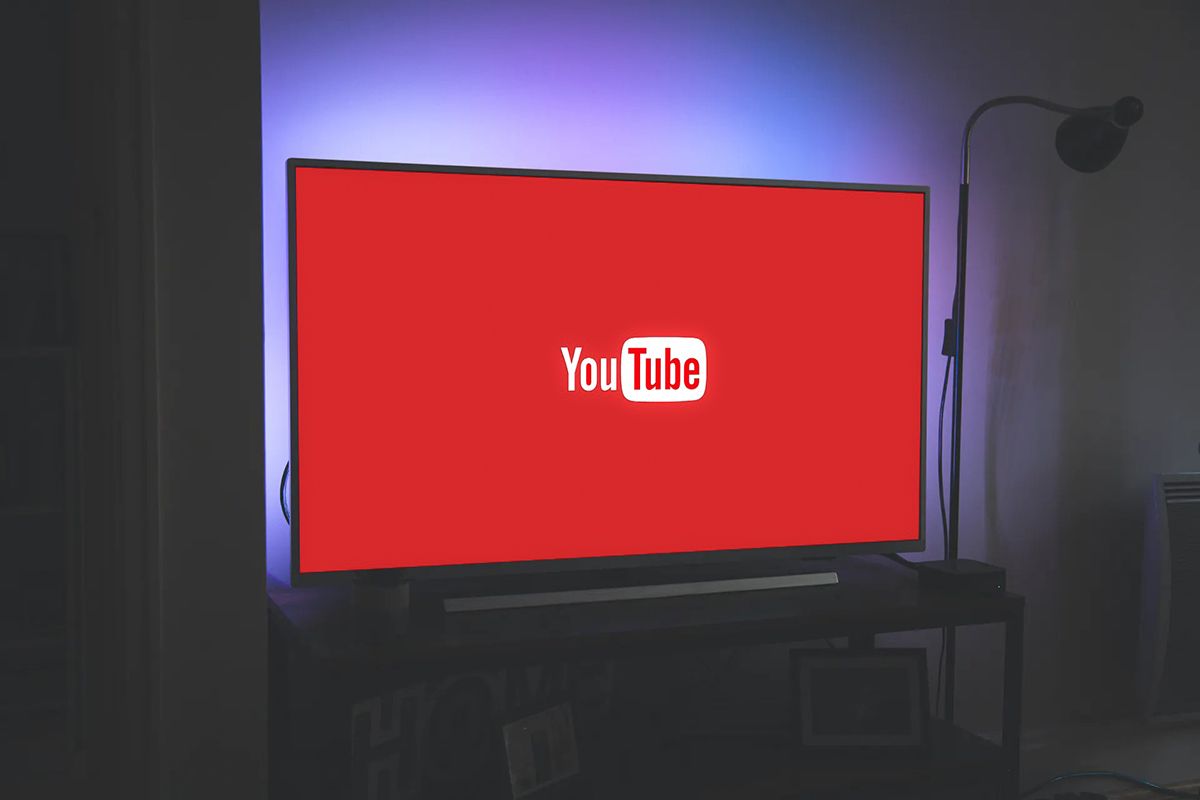Google and Roku have spent most of this year fighting over distribution agreements for YouTube and YouTube TV on Roku devices. The disagreement has left Roku without an actual YouTube TV application, though the service remains accessible through the normal YouTube app on Roku devices. Negotiations are apparently not going anywhere, as Roku has now published a blog post explaining that it won't play ball, and new Roku devices could lose access to YouTube (and YT TV) as a result.
"There are two primary concerns we are working to address," Roku said in a blog post. "First, Google continues to interfere with Roku’s independent search results, requiring that we preference YouTube over other content providers. This is a concern shared by many companies who believe that customers deserve neutral and relevant results to their search queries. Second, Google discriminates against Roku by demanding search, voice, and data features that they do not insist on from other streaming platforms."
Google told Variety in response, "Since our negotiations with Roku earlier this year, we’ve continued to work with them to find a resolution that benefits our mutual users. Roku has once again chosen to make unproductive and baseless claims rather than try to work constructively with us. Since we haven’t been able to continue our conversations in good faith, our partnership for all new Roku devices will unfortunately end on December 9. We are, however, giving Roku the ability to continue distributing both YouTube and YouTube TV apps to all existing users to make sure they are not impacted."
The details of current talks will likely remain behind closed doors, but this wouldn't be the first time Google allegedly forced strange requirements on Roku and other streaming companies. Protocol reported earlier this year that Google was pushing Roku to sell hardware that supported the AV1 video codec, which could potentially reduce bandwidth costs for Google, but even the latest Chromecast with Google TV is lacking AV1 support.
Notably, Roku's blog post is also somewhat nonsensical. Roku defines itself as an "independent company" in multiple instances, putting up a fight against "Big Tech." Even though Roku is undoubtedly a smaller company than Google with fewer resources, Roku has a stock market cap of 46 billion dollars and a large advertising platform (the latter of which helps subsidize hardware sales) — this isn't a mom-and-pop grocery store going up against Walmart.
There's a decent chance that this round of corporate fighting will be resolved before Roku device owners notice anything. Losing YouTube access would be a significant blow to Roku, and the wide distribution of Roku players provides plenty of ad revenue for YouTube and Google. Losing YouTube access would be in everyone's worst interest, especially the people who paid for Roku players.
Disclaimer: The author of this article owns stock in Roku. This does not impact the opinions stated here.

